What future are we moving towards if artificial intelligence (AI) increasingly fills the information environment? This is what media professionals, along with media coach Viktoriya Osynska, discovered during a training session on the basics of AI, held at the initiative of the office of the Unified Western Ukrainian Journalists’ Solidarity Center (JSC) of the National Union of Journalists of Ukraine (NUJU) in Chernivtsi. Displaced journalists, representatives of local media, and aspiring student journalists discussed the importance of mastering and utilizing AI tools in their daily journalistic work.
“Media organizations need to make the interaction between journalists and AI as ethical as possible, because AI tools can lead to social ranking, the spread of disinformation, and other violations of individual rights,” says Viktoriya Osynska.
Texts, images, and videos authored by artificial intelligence are already part of both social media users’ posts and materials from major media outlets. Journalists are increasingly utilizing AI tools as personal assistants to perform various work tasks, including data collection and analysis, content creation, and audience interaction.
“In order to provide newsrooms with algorithms for responsible interaction with AI, relevant official structures are trying to form documents describing the principles of interaction. The main thing in this is the priority of human “supervision” when generating content using AI. After all, responsibility for the content, its truthfulness, and ethics lies with the person, that is, the user of the system,” says Viktoriya.
During the training, several tools were considered that can utilize artificial intelligence to meet the needs of the media. At the same time, the media should familiarize their audience with the use of AI and the process of interacting with this tool.
“In practice, this means developing and publishing our own standards for using AI, labeling texts, photos and videos generated using AI, as well as a clear distinction between authored and neural network-generated content,” the expert noted.
It is worth noting that international practices for the responsible use of AI in the media sector are already in place. However, the developed documents are only the basis for the formation of our own media standards.
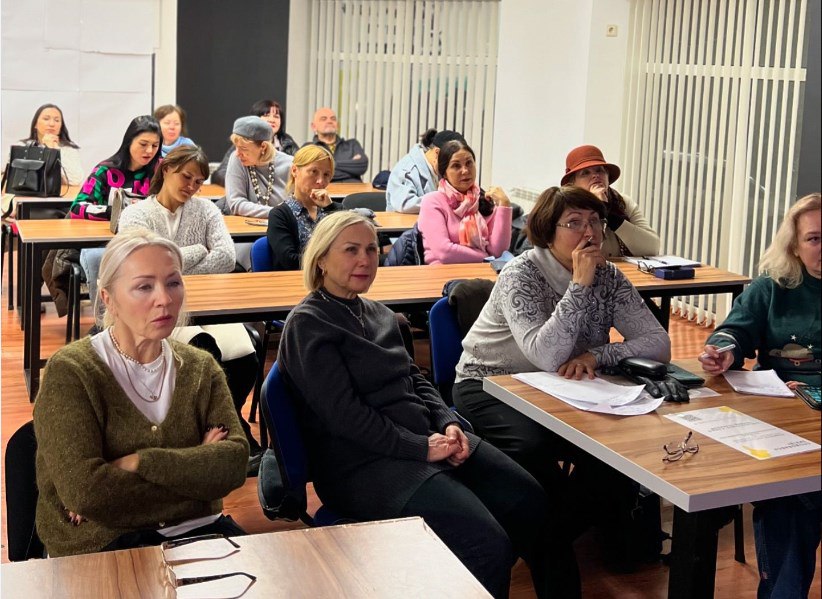
The network of Journalists’ Solidarity Centers is an initiative of the National Union of Journalists of Ukraine, implemented in collaboration with the International and European Federations of Journalists and UNESCO and with the support of the People of Japan. Our primary goal is to assist media professionals working in Ukraine during the war. The Centers are active in Kyiv, Kharkiv, Zaporizhzhia, Dnipro, Lviv, and Ivano-Frankivsk. The project is part of UNESCO’s broader efforts to support the Safety of Journalists and Freedom of Expression in Ukraine.
Contact the Unified Western Ukrainian JSC Lviv-Chernivtsi at 097 907 9702 (Nataliya Voitovych, the coordinator of the Lviv JSC, Volodymyr Bober – assistant). The Center’s address is 5 Solomiyi Krushelnytskoyi Street.
Chernivtsi office of Unified Western Ukrainian JSC

 THE NATIONAL UNION OF
JOURNALISTS OF UKRAINE
THE NATIONAL UNION OF
JOURNALISTS OF UKRAINE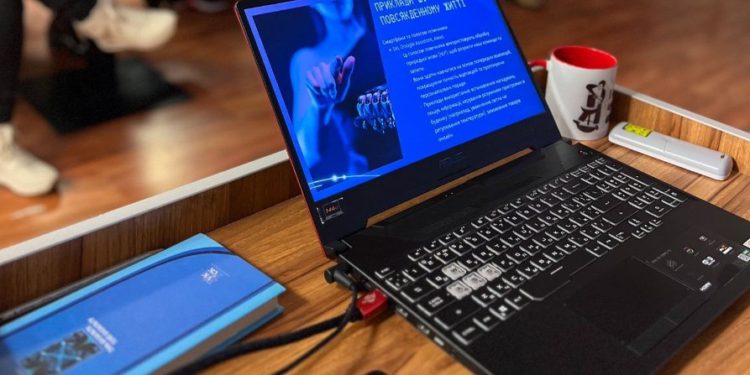
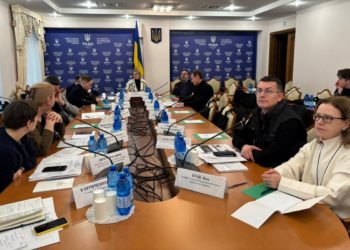
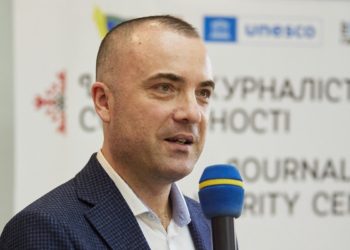
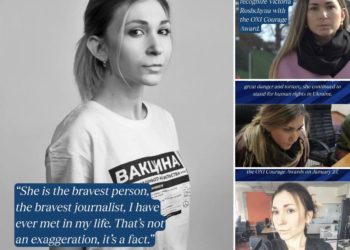













Discussion about this post